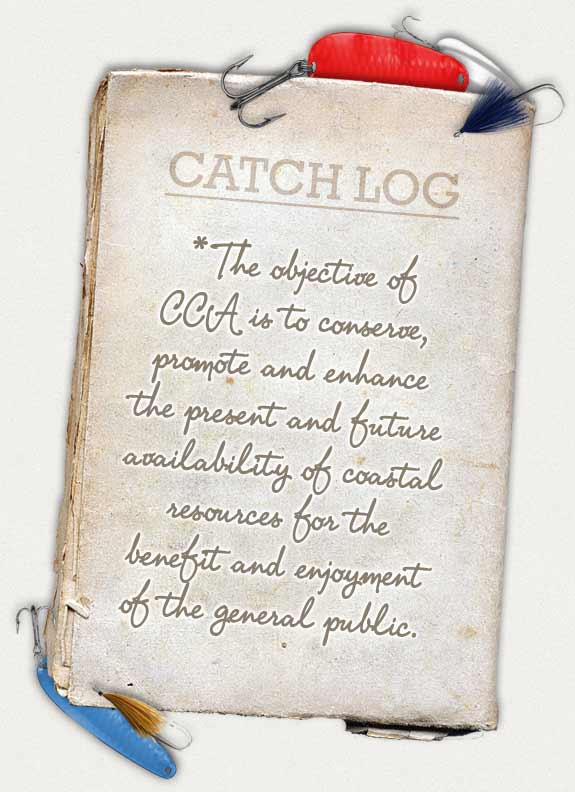
The CCA Story
Coastal Conservation Association is an organization of thousands of recreational anglers and outdoor enthusiasts working for the conservation and enhancement of our marine resources and coastal environments.
CCA was created in 1977, after drastic commercial overfishing along the Texas coast had decimated redfish and speckled trout populations. A group of 14 concerned recreational anglers gathered in a local tackle shop to create the Gulf Coast Conservation Association to turn the tide for conservation. Only four years later, gill nets along the Texas coast were outlawed and both red drum and speckled trout were declared game fish.
This previously unimaginable victory launched a new era in marine resource conservation.
The successful conservation movement that started with the “Save the Redfish” campaign got the attention of anglers across the Gulf and by 1985, chapters had formed all along the Gulf Coast. By the early ‘90s, the South- and Mid-Atlantic regions had CCA chapters and in 2007, Washington and Oregon chapters were formed in the Pacific Northwest. In 2015, the CCA California chapter was created. The fish are different, but the challenges facing them are often the same on all coasts – destructive commercial gear, degraded habitat and misguided management concepts.
CCA has proven time and again that anglers are the best stewards of the marine environment. We work to protect not only the health, habitat and sustainability of our marine resources, but also the interests of recreational anglers and their access to the resources they cherish. With a growing, well-informed, active membership, CCA continues the mission launched by those 14 visionary anglers so many years ago.

- Outlawed destructive commercial fishing gear
- Protected game fish designations
- Funded finfish hatcheries and marine science labs
- Created a national marine habitat program
- Supported marine law enforcement
- Awarded marine science scholarships
- Defended conservation gains in court
- Forced bycatch reduction regulations
- Prevented arbitrary no-fishing zones





